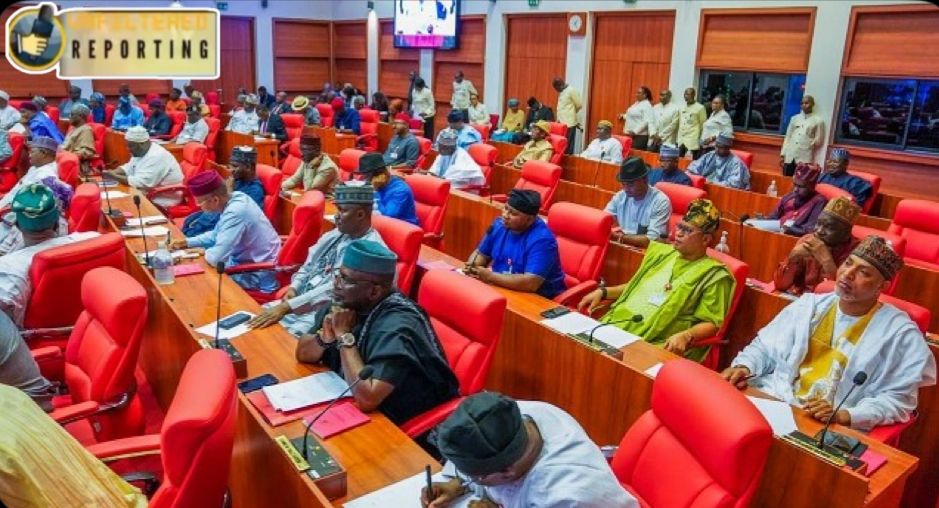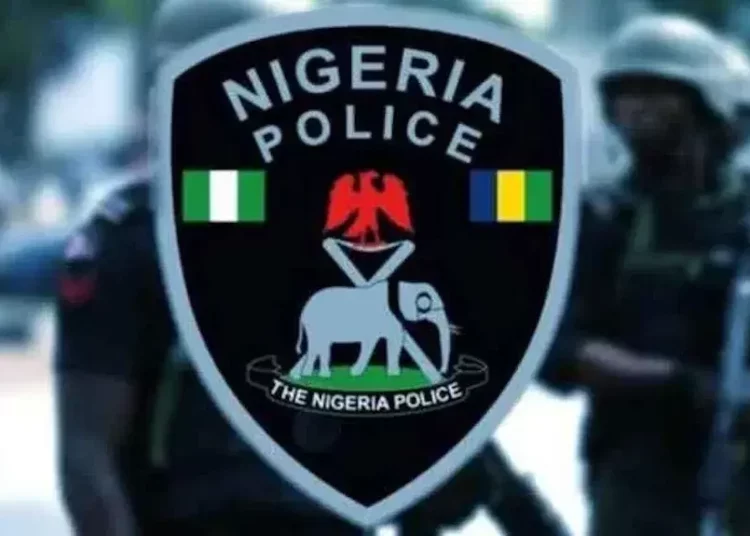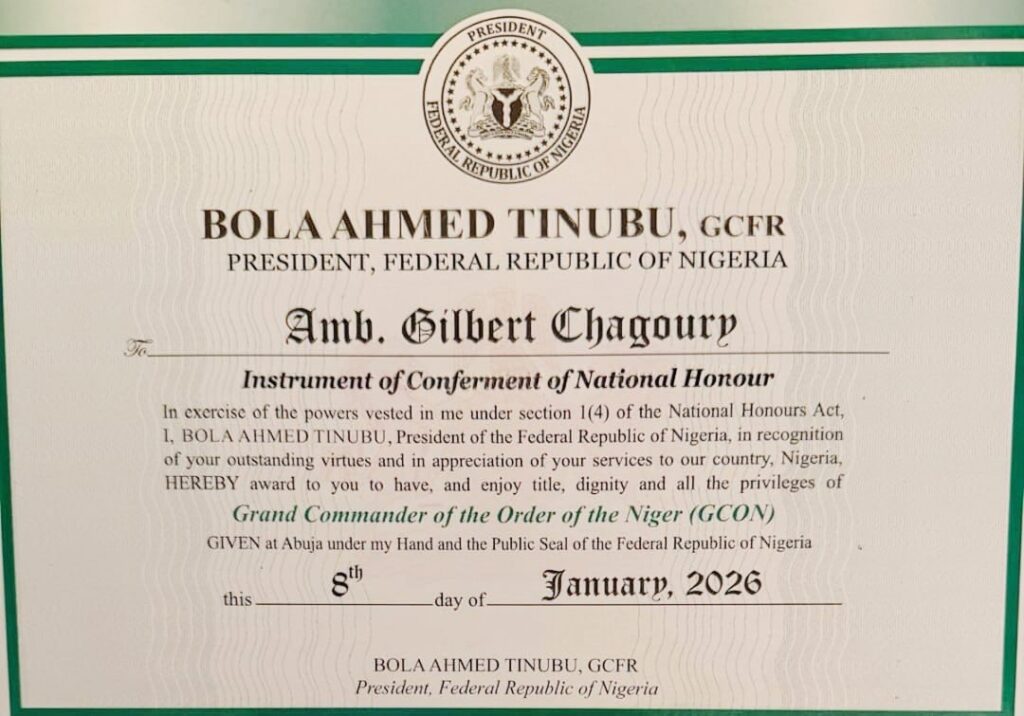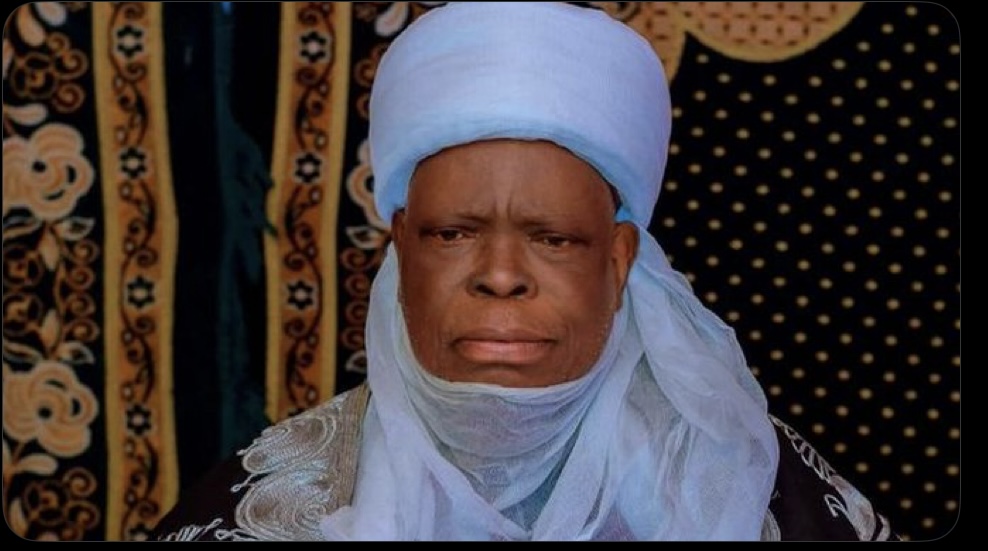Iledare Accuses National Assembly of Playing to the Gallery on ₦210 Trillion NNPCL Audit Probe

Emeritus Professor of Petroleum Economics, Wumi Iledare, has faulted the National Assembly’s handling of the ₦210 trillion audit query involving the Nigerian National Petroleum Company Limited (NNPCL), describing the probe as sensationalised and unproductive.
Speaking on the ongoing controversy surrounding the audit discrepancies, Iledare criticised lawmakers for amplifying the issue through the media rather than addressing the underlying structural problems within the national oil company. The Senate had recently summoned the Group Chief Executive Officer of NNPCL, Bayo Ojulari, to respond to queries from the audited financial statements between 2017 and 2021, which revealed ₦107 trillion in unpaid receivables and ₦103 trillion in accrued liabilities. After rejecting NNPCL’s request for two months to respond, the Senate granted a three-week deadline for the company to submit a written explanation. However, Iledare argued that focusing public attention on such large figures without a deeper institutional review only serves to politicise the matter and distract from the real issues of governance and operational inefficiencies. He further cautioned against using audit findings as tools for public drama, urging that professional mechanisms through regulatory bodies and the Auditor-General’s office be allowed to address the discrepancies. Iledare also warned against rushing the sale of Nigeria’s three government-owned refineries, recommending instead a structured public-private partnership aligned with the Petroleum Industry Act. Meanwhile, the Economic and Financial Crimes Commission (EFCC) has expressed concern over the magnitude of the figures, calling for legal reforms to criminalise unexplained wealth. Despite the heightened scrutiny, the Senate Committee on Public Accounts has clarified that NNPCL has not been accused of stealing the funds but must reconcile the financial entries. With the deadline for response approaching, the outcome of the probe is expected to shape public trust and the future of governance in Nigeria’s oil and gas sector.









